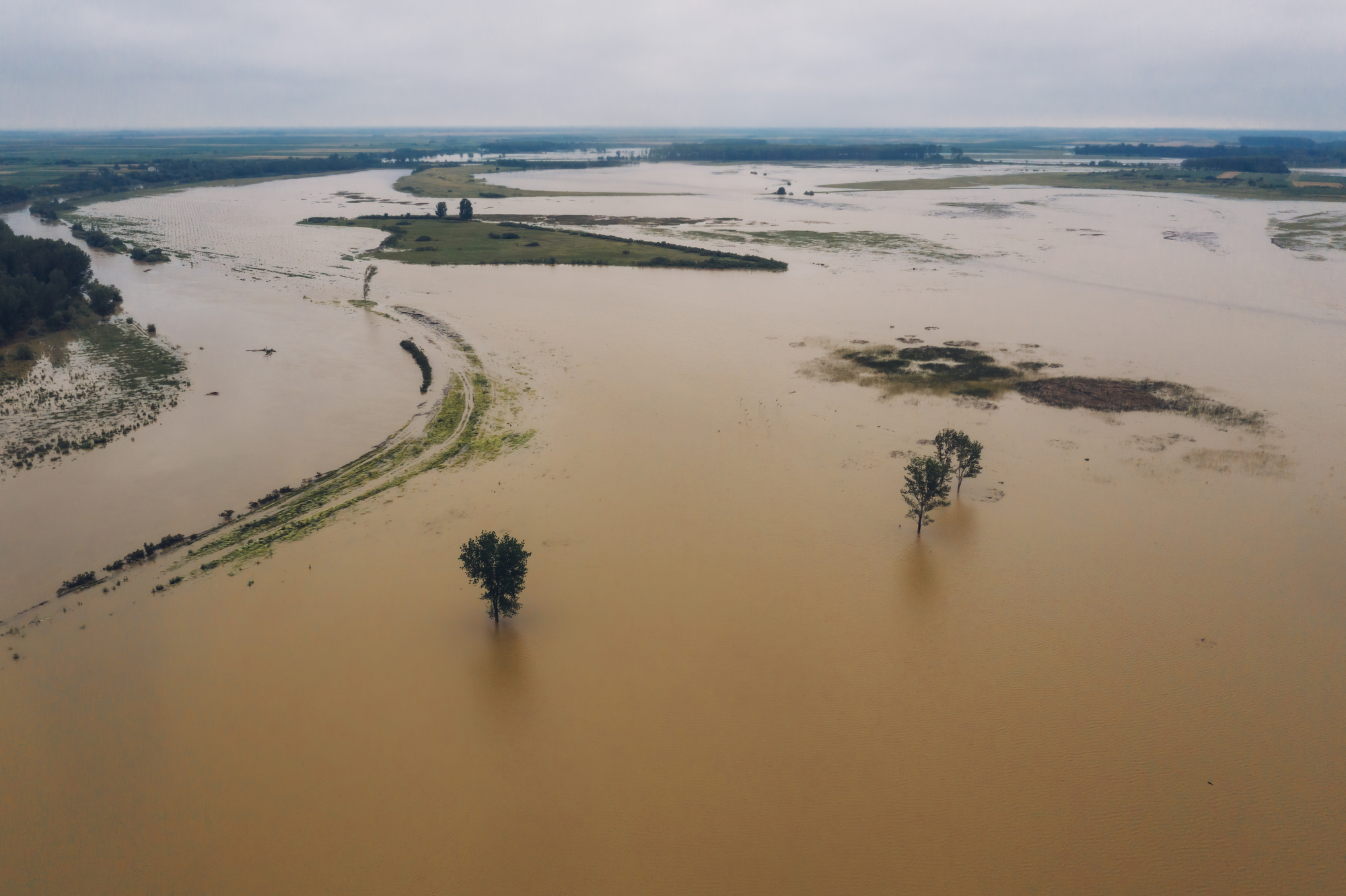Do the Economic Benefits of Fracking Outweigh the Risk of Pollution and Depletion of Natural Resources?
Hydraulic fracturing, commonly referred to as “fracking,” is a method of extracting natural gas by drilling wells and then shooting liquids at high pressures down the well in order to fracture the shale surrounding natural gas reservoirs. It is currently one of the cheapest and most lucrative methods of extraction, and is sustainable in the sense that one drilling hole can be used to make multiple wells in a single location.
The United States has benefitted greatly from the use of hydraulic fracturing. Economically, fracking is much cheaper than other methods of extraction, and our ability to extract within our own country reduces our dependence on other nations. The lower price of extraction and the United States’ ability to market our goods has promoted the United States to one of the leading producers of natural gas in the world, churning out about 300,000 barrels of natural gas daily. Certain methods have also made this process more sustainable; the addition of certain chemicals to the fracking fluid reduce the friction created from high pressure, requiring less energy to break the shale and thereby reducing carbon emissions into the environment. Concerns of contamination are also assuaged because there are methods (albeit extensive and costly) to clean the groundwater surrounding the drilling site.
Despite the economic gains that result from fracking, there is much controversy surrounding the methods used and the deleterious effects on the environment. Although many fracking companies advertise the process as safe, there are significant risks to the ecology surrounding drilling sites. The fracking fluid that is injected into the well contains about 40,000 gallons of 600 different types of chemicals, including methane and other carcinogens that have already proven to have a significant impact on peoples’ health. There are several accounts of people becoming ill from ingesting water that has been contaminated. For this reason alone, the country of France has banned the method of fracking out of fear of permanent water contamination. Additionally, only 30-50% of the fracking fluid injected into the well is recovered, leaving a majority of the chemicals in the ground. This mixture is not biodegradable.
Coupled with the risk of pollution is the fear that fracking is draining our natural resources. About 400 trucks containing 1-8 millions gallons of water are required for each well. With approximately 500,000 currently active wells in the United States, about 72 trillion gallons of water are needed to sustain this practice.
The ethical issue here is one of priority and responsibility. The first question to ask is whether the upper-hand the United States has gained by fracking is worth the risk that the method poses to the health of the ecology surrounding drilling sites. The economic benefit is great – by being a contender in the global market we are open to trade, promoting all types of economic growth. The second question to ask is whether the companies extracting the natural gas have a responsibility to the citizens to reduce the amount of harmful additives in the fracking fluid, should they continue the process. Lastly, is it ethically responsible to tap into natural gas reservoirs and then leave chemicals that are not biodegradable in their place, disturbing the surrounding ecology and possibly decreasing the sustainability of the process? Let us know what you think in the comments below!




